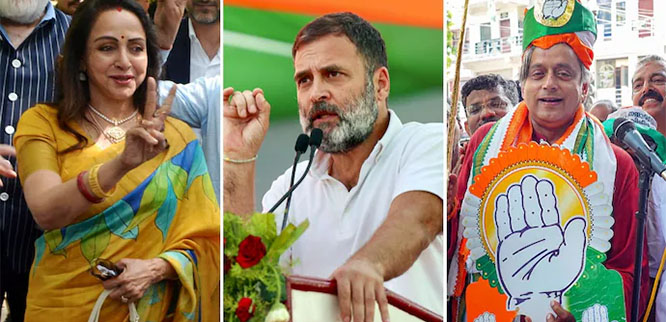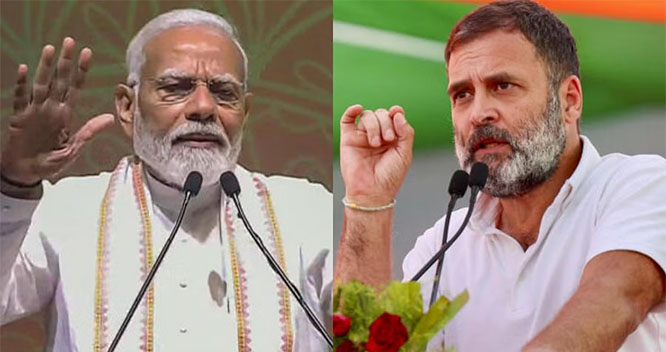The entry of Reliance Jio to the telecom market signals a paradigm shift heralding the arrival of the digital era and making voice telephony a mere byproduct.

What a change from voice-over Internet phones being considered illegal and a threat to the revenues of phone companies, to them becoming a byproduct, to be given away free in a changed business model where data is the main business item! As industrialist Anand Mahindra said, “video is the new voice.” Rather, more broadly, data is the new voice.
The announcement by Mukesh Ambani in RIL’s AGM rocked the rivals and RIL itself; Airtel and Idea’s shares plummeted 3% and 2%, respectively, and RIL’s own shares were down by about 1.8% (Vodafone India’s shares are not listed, but the parent Vodafone’s shares dipped on September 2, though recovered next day).
What are the likely short-term and long-term consequences for Jio, its competitors, consumers and economy as a whole? What is the revenue model for Jio and what are the drivers for its optimism to make money, in the face of its showering the consumers with free unlimited voice calls and text messages and drastic reduction in data rates?
After all, there is no disruptive technology here unique to Jio and absent with incumbents. Bharti Airtel and Vodafone are as nimble and efficient as any firm can get. In fact, Vodafone has cut its teeth in blistering competition in India, and having survived successfully, is finding the going in other countries, mainly UK, a child’s play, and is getting away with profits unthinkable here!
To understand the rationale for entry of Jio in such a hyper-competitive market, one has to understand the nature of the industry first. Telecom is a networked industry. Here, larger the network one has, and larger the number of customers, even more customers will flock to it, to be part of the big network.
Economists call this bandwagon effect. The regulator may try to attenuate the network effect, and provide a level-playing field by insisting on non-discriminatory open access to each other’s networks, but the firms will increase it by giving discounts to customers for calls made within its own network. Here, market share is everything, and the winner takes the most. This existence of network effect, however, does not dilute the incentive for competition, rather it intensifies it; everyone wants to be numero uno.
An example would be the erstwhile dominance of Microsoft in Windows, but later challenged by Google with open source platforms. In fact in India, this ‘inequality’ is exacerbated by the revenue market share being even more skewed than consumer-based market share, indicating that the high value customers are already with the No. 1 or No.2. This poses a formidable entry barrier to any potential entrant.
In such an intimidating environment, what key success factor did Jio count on its side? To understand the rationale for Jio’s entry, one has to understand the changes in technology that have resulted in the industry structure from the days of land line telephony to the age of mobile technology.
The advent of mobile technology, however, evaporated the economies of scale, made natural monopoly character defunct and enabled vibrant competition among companies with much smaller investment. The only significant costs were the costs of acquiring spectrum and cost of towers. In the latter, even these costs were shared by rivals, and their common use became the industry norm. This was all right for the world of ‘voice’.
Back to natural monopoly
Jio has in mind a different world, a world with an insatiable appetite for data. Such humongous data needs can be satisfied only by fibre optic cables, which again call for huge investments, economies of scale etc, thus in effect shifting a competitive industry back to natural monopoly! It is here that Jio has a unique advantage, for it has laid out the major part of the comprehensive fibre optic network apart from being a partner in global sea-link project for under-sea optic fibre cables.
At this stage, it is necessary to understand another unique feature of this industry: it has large fixed costs and near-zero costs to serve extra customer or give an extra GB. With majority of optic fibre network under its control, Reliance Jio is able to offer such low data tariff which is unique to Jio, because the competitors’ networks are evolved from voice telephony. To migrate to this digital telecom, experts estimate that rivals will need to spend about Rs 12,000 crore to bridge the circuitry from mobile towers to fibre optic cables.
The fibre optic asset has given extraordinary bandwidth of virtually unlimited capacity to Jio, which the competitors do not possess in equal measure, thus limiting their bandwidth. This, in turn, gives a unique ability to Jio to cut prices, which cannot be easily replicated by rivals, because to use others’ fibre optic networks, they have to pay, whereas for Jio, it is what economists call ‘sunk costs’.
What about the demand side? Here, Jio is betting on its Apps, which will bring revenues through movie on demand, mobile TV, music online etc. Eventually, it may also go into appliance market. All this is still based on one critical assumption coming true, to make the Rs 1.5 trillion investment financially viable – the 100 million customers coming to them by 2017 or at least by 2020. That depends on how hard the rivals are going to fight back.








Comments
Add new comment